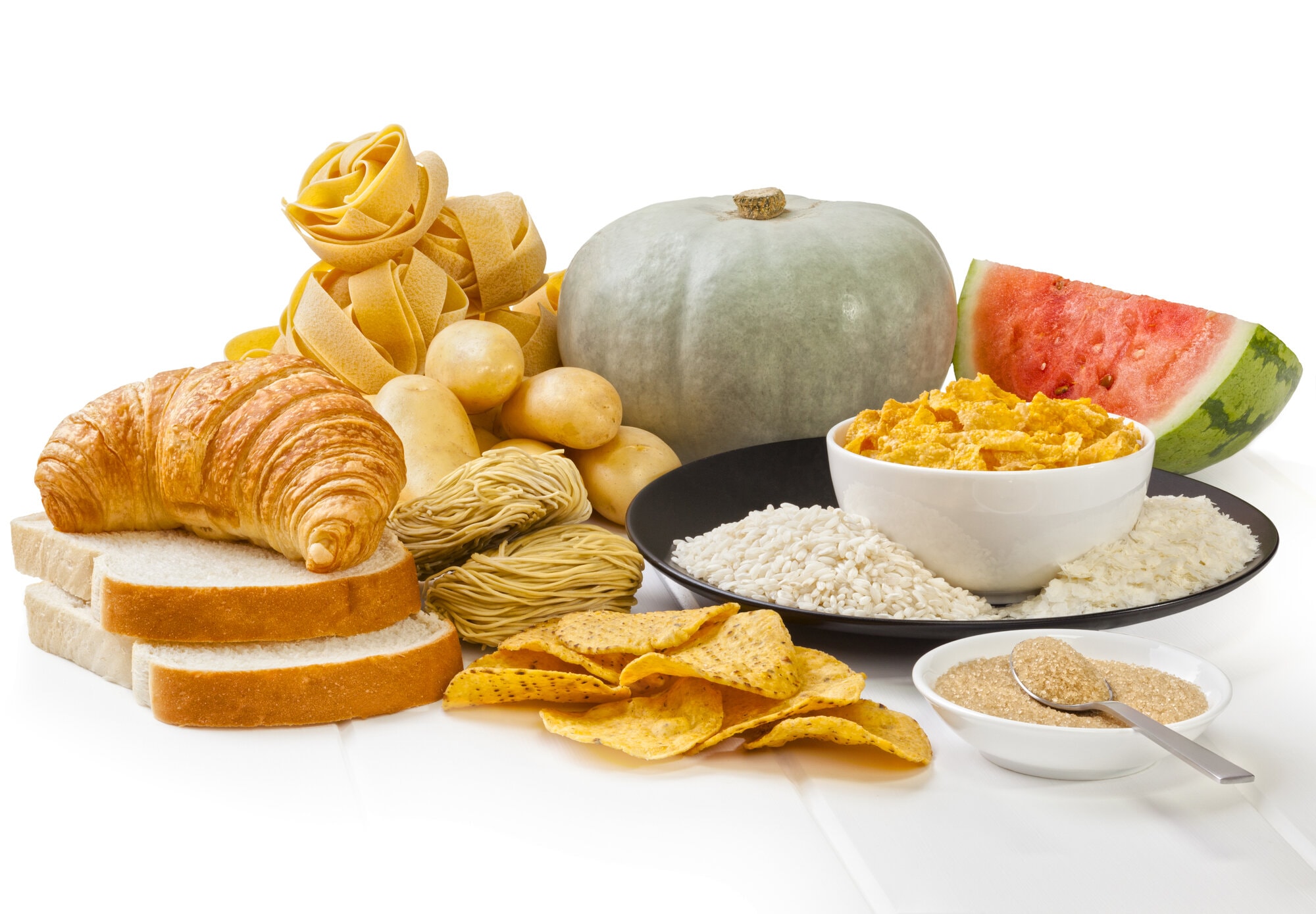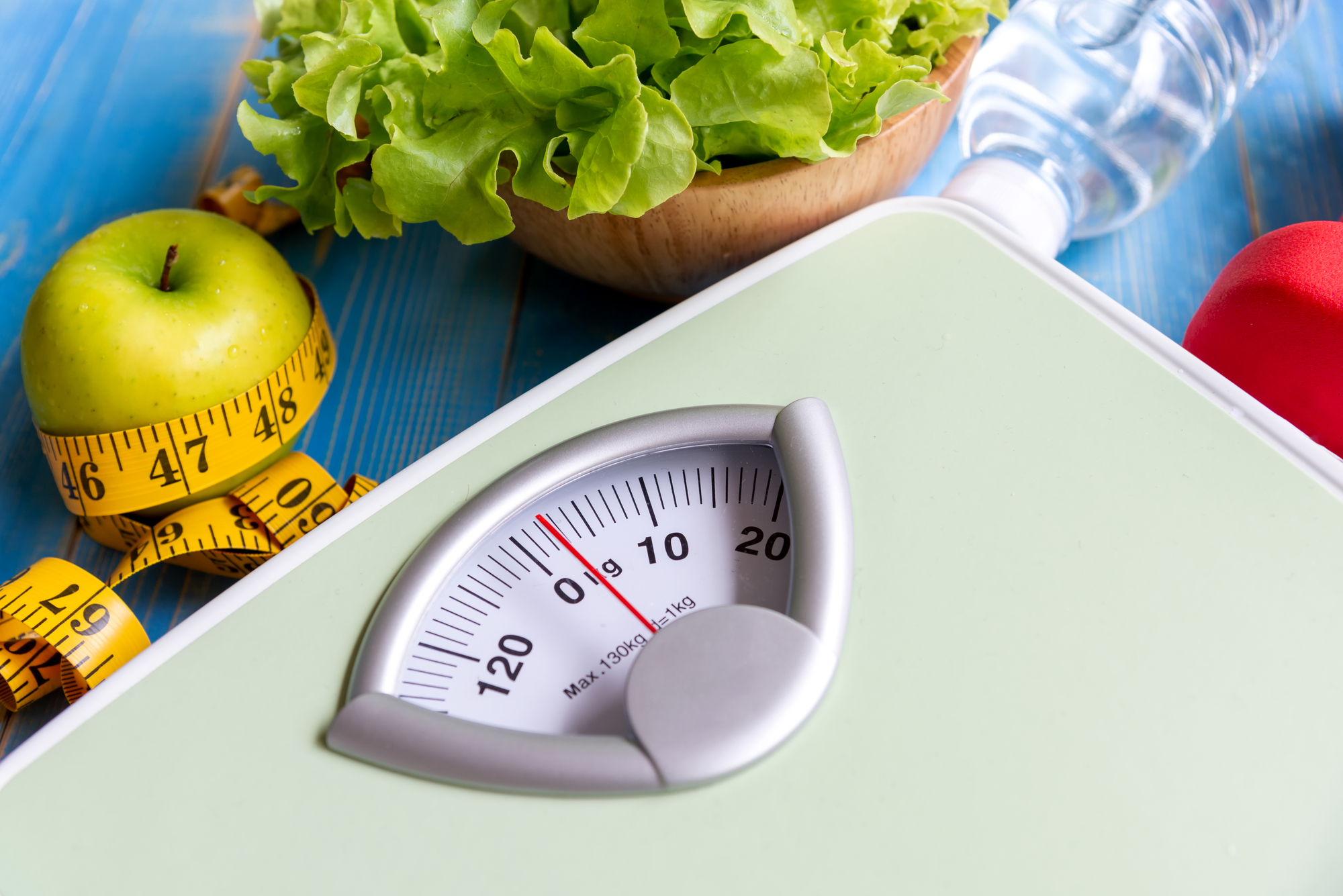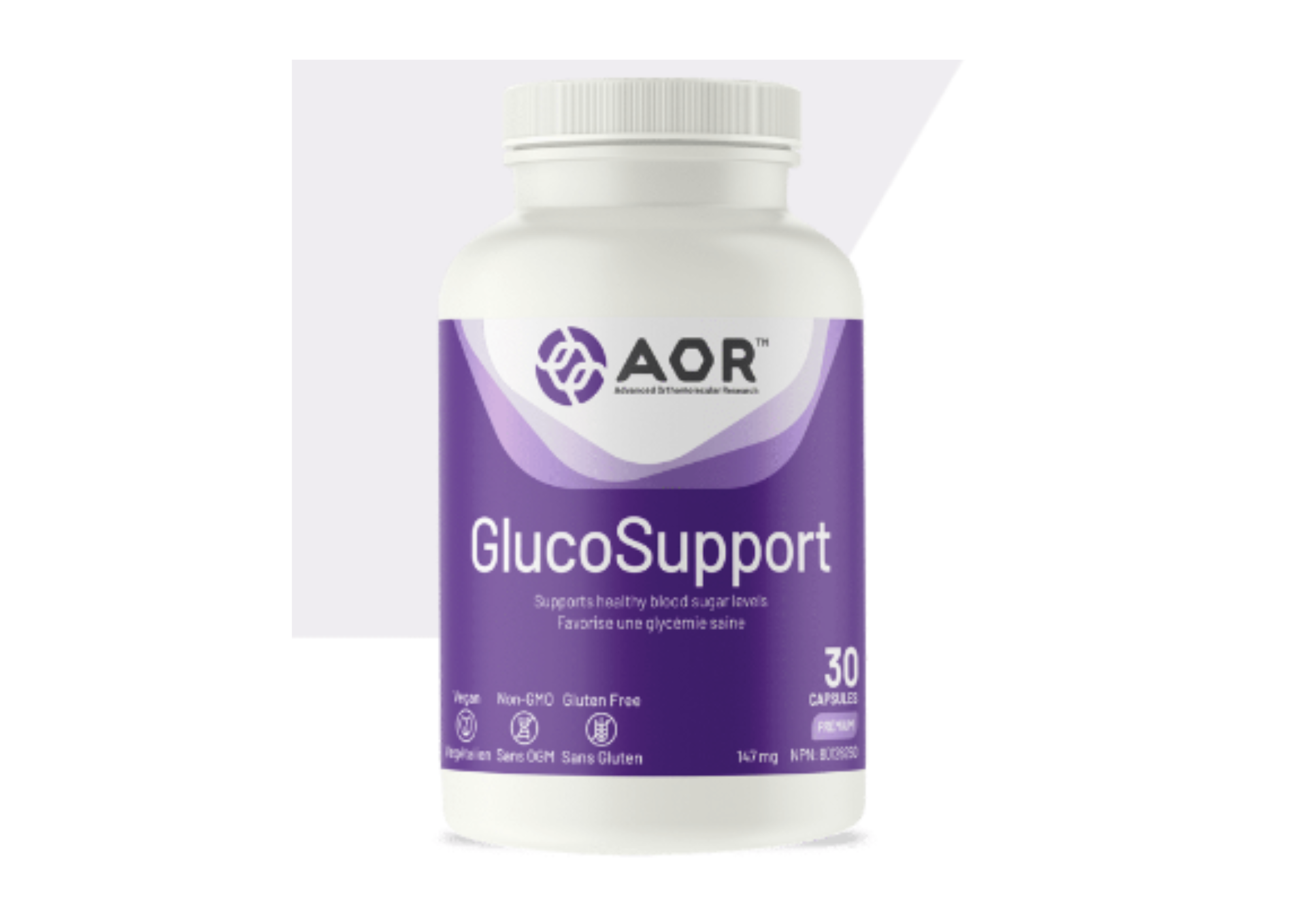Do you notice your energy levels often take a nosedive right after a savoury meal or sweet snack? Does losing or maintaining weight feel like an uphill battle, with no end in sight? Laden with sugars and heavy carbs, the Western diet many of us are familiar with doesn’t exactly set us up for success when it comes to health. In fact, some of our everyday “staples” can take our blood glucose levels on a dangerous roller coaster ride.
Why Do Glucose Levels Matter?
Glucose, also known as blood sugar, is the primary source of energy for our body’s cells, organs, and tissues. It comes from enzymes in the digestive system breaking down the carbohydrates in foods we eat; this glucose is carried through the bloodstream, and then into cells with the help of insulin. Depending on how quickly glucose is produced and how our body reacts, glucose is either used immediately for energy or stored in our muscles and liver for later use.
But not all glucose is created equal. This is where the Glycemic Index (GI) scale comes into play. The GI ranks foods we eat, out of a score of 100, based on how rapidly they cause blood sugar levels to spike. The faster and higher they rise, the harder they’ll fall.

Foods high on the glycemic index—white breads being a prime example—immediately hit the “start” button on a roller coaster ride, with initial highs followed by plummeting drops that can affect not only how we feel in the moment, but also our long-term health outcomes.
Glucose and Common Health Issues
if you’ve ever experienced the dreaded afternoon slump—complete with moodiness, brain fog, and extreme fatigue—examining what you ate beforehand may provide clues about what triggered it. Where there’s high-glycemic foods on the menu, disruptive “sugar crashes” like these often follow. For many of us, another significant side effect is the toll dysregulated glucose has on our long-term health, whether it be a predisposition for diabetes and insulin resistance or troubles with maintaining healthy weight goals.
Prediabetes
Prediabetes is characterized by blood sugar levels that are higher than normal, but not high enough to be diagnosed as type 2 diabetes. According to the CDC, prediabetes affects 1 in 3 American adults alone, and many of the foods associated with the Western diet don’t help.
This condition occurs when fasting blood glucose levels range from 100 to 125 mg/dL, which indicates a body struggling to manage blood sugar levels efficiently.
In response to the carbohydrates we consume, the pancreas is triggered to release the hormone insulin, which normally allows glucose to enter cells from the bloodstream. With insulin resistance, however, cells in the body respond less effectively to insulin. The pancreas then tries producing more insulin to maintain healthy blood glucose levels. But over time, the pancreas becomes unable to produce enough to compensate for the resistance, leading to the dangerously elevated blood glucose levels we see in prediabetes and, eventually, type 2 diabetes.
Managing Weight
Hyperglycemia is characterized by higher than normal blood glucose levels. Associated with a high-glycemic diet and obesity, it often goes hand-in-hand with early prediabetic symptoms too, such as those postprandial (post-meal) spikes and crashes.

In our diet-obsessed culture, many of us make the mistake of taking an all-or-nothing approach when it comes to food. Yet even hypoglycemia or low blood glucose–often brought on by restrictive eating–is linked to weight gain. When we withhold food and energy our body needs in an effort to lose weight, we may see an initial dip in our weight. But this low-glycemic state is characterized by hunger! The body tips into survival mode, causing us to overeat (or binge) when we finally do eat. Overindulging like this—often with high-glycemic foods that provide a quick payoff in energy—quickly spikes blood glucose levels and signals the body to store all the extra energy it can. The outcome? Low energy and a body that has trouble letting go.
The Wonderful, Confusing World of Carbs
Unfortunately, managing glucose isn’t as simple as just ditching treats that scream, “I’m bad for you!” Yes, that donut dripping in icing is probably best avoided, but it’s important to remember that carbohydrates can come in the form of sugar and starch and fibre—and sugar isn’t inherently the worst of these. According to the American Medical Association, for instance, there’s a common misconception that choosing a starchy bagel over that sugary donut is the better breakfast option. But in addition to a food’s glycemic index, we need to consider how carb-dense a portion of food is to accurately measure its impact on glucose. This is known as Glycemic load. From there, we can compare foods to choose the healthy option (or the lesser of two evils in this case).
Navigating this delicate dance between food and blood sugar can be confusing at times and difficult to sustain, especially when we factor in our busy lives, parenting, and how sparse healthy options are when it comes to convenience foods or eating on-the-go. That’s why getting support from supplements can be so beneficial.
Find Better Balance with GlucoSupport
To say goodbye to the dizzying ups and downs of dysregulated blood sugar, sometimes the body needs extra help to use glucose in a healthy way. Made with a patented water extract of white mulberry leaves, GlucoSupport is a convenient, one-a-day capsule that supports balanced blood sugar levels and a healthy insulin response. By reducing the absorption of glucose through the small intestine and its release into the bloodstream, it works to manage those post-meal sugar spikes and can even reduce the GI of foods. The result? A truer sense of satiation between meals and a healthy amount of glucose in the bloodstream, on standby to power you through your day. GlucoSupport is also non-GMO, gluten-free, and vegan.

Whether you’ve been struggling with your day-to-day energy levels, weight, PCOS, prediabetes and insulin resistance, or are at risk of developing metabolic dysfunction, this natural supplement may just be the key to finally getting off the blood sugar roller coaster and feeling like the best version of you again.

At AOR, our vision is to transform health through natural, personalized, and therapeutic care. We seek to catalyze change and challenge conventions through continuous innovation. For twenty-eight years, it has been our mission to transform scientific research into evidence-based, natural health products that empower people to lead their best lives.







